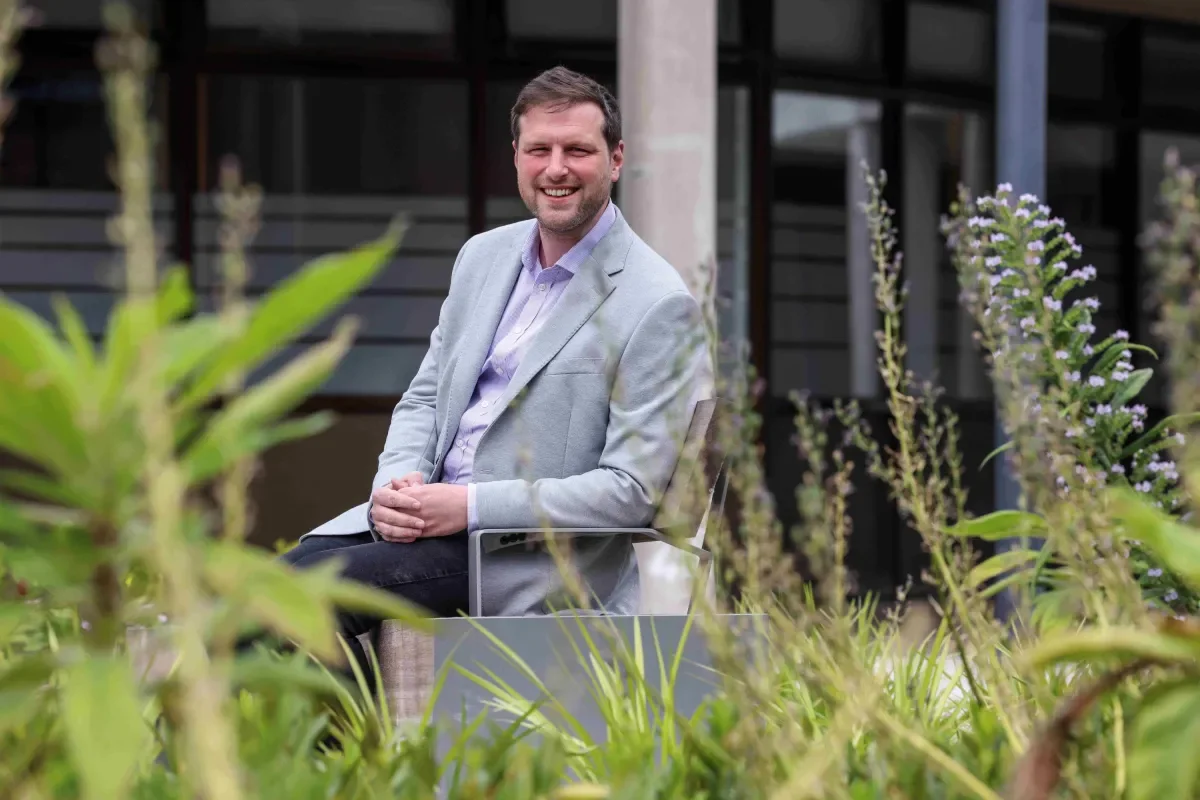

Spore and bacteria forecasting tool will reduce crop losses
Dr O’Connor is developing this tool, which will also benefit human and animal health, as a project for the SFI Sustainable Foods challenge.
“We want to get high quality information on the concentration of spores and bacteria and create an early warning forecast,” said Dr O’Connor.
Ireland has long had an issue with fungal spores, going back at least as far as the Great Famine, when fungal spores attacked the potato crop.
The project will look at two different ways of ‘sensing’ the presence of fungal spores or bacteria in the environment.
“This forecast will provide farmers with better information about when and where to spray their crops with fungicides or pesticides,” said Dr O’Connor.
“This will lead to more efficient spraying of crops with less produced sprayed to achieve the same, or better, results.”
“Farmers will be encouraged to get the maximum yield from their crops and to transition over to more tillage-based farming systems.”
As well as crop damage, bioaerosols can affect the health of people and livestock and this gives another reason behind spore or bacteria forecasting.
The plan is to have a national bioaerosol forecast available online, which would help reduce the number of crop sprayings by up to 50%.
This is in line with EU policy which states that the number of sprayings and the use of fungicides mut be each cut in half inside the next five years.
There will be laser technology used to build holographic images of the particles to pinpoint the type of spore and the overall numbers of spores.
As well as that, there is a plan to build a new assay that is ‘hyper specific’ to the types of blight that are regularly encountered here in Ireland.
“The project fits Ireland’s agricultural policy of trying to shrink the national herd and move farmers towards tillage,” said Dr O’Connor.
The problem of fungal spores is set to increase here with climate change as warmer and wetter conditions will increase the spore growth period.
Professor Anne McDermott, School of Biotechnology, which will be linked by Dr O’Connor to the results of the real-time bioaerosol sensing.
The social impact champion for this project - Steven Kildea, from Crops Research in Teagasc - is well placed to know, who, in a farming context, is most affected by spores and bacteria.
The motivation for the project for Dr O’Connor is personal.
“Helping people is very important to me,” said Dr O’Connor. “My wife suffers from hay fever and has asthma. We have 380,000 asthmatics in Ireland, the 4th highest in the world per capita and it can be deadly.”
Increasing the productivity of farmers and reducing food waste are also important in the context of Ireland improving its food security.
“Pesticides and fungicides cause a lot of problems,” said Dr O’Connor. “This is a problem that is going to get worse, so solutions are needed.”
